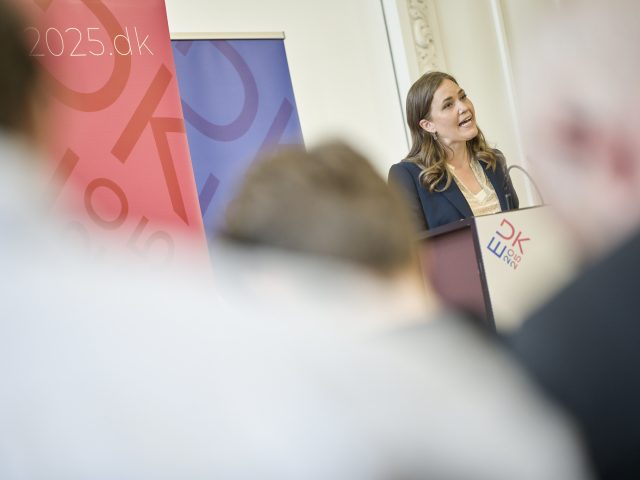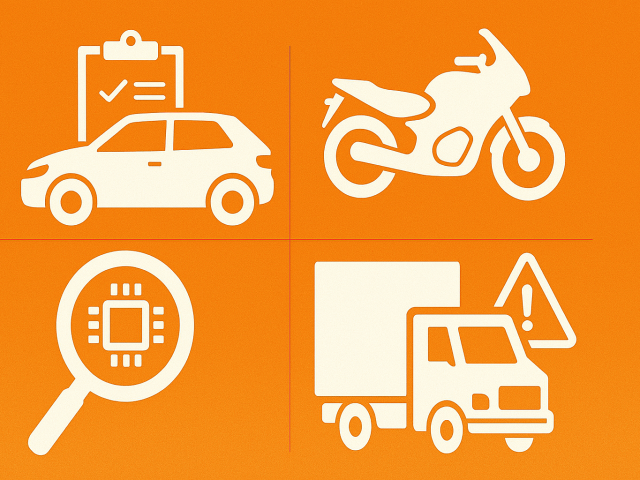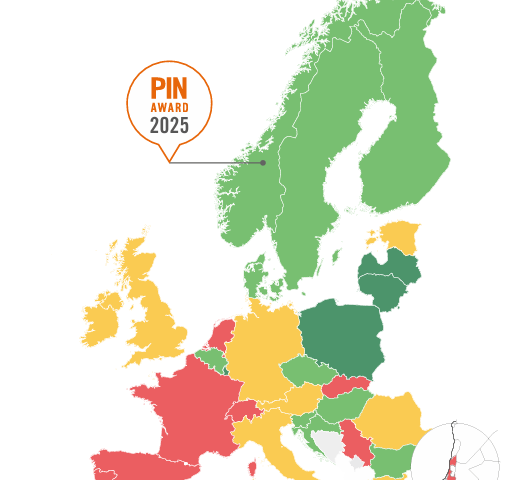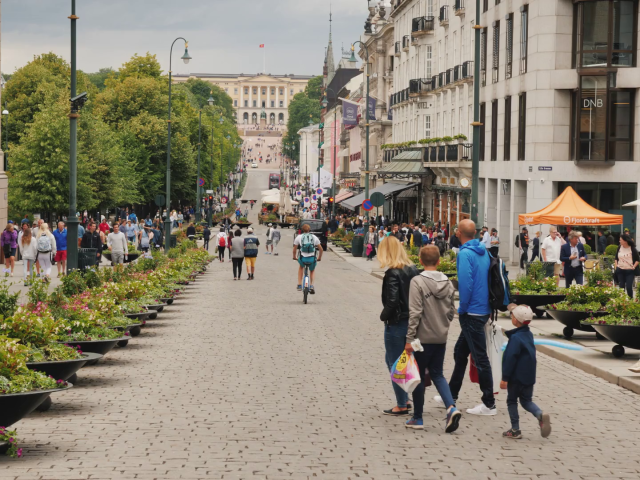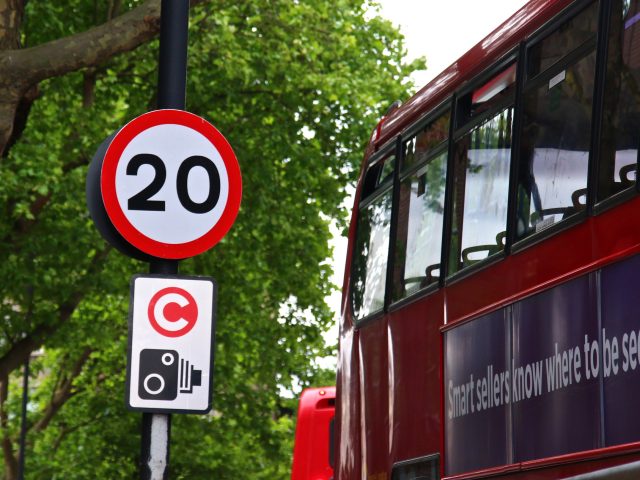3 May 2018 – REVIVE Round table, Luxembourg
The third REVIVE Round table focused on improving post-collision outcomes in Bulgaria, Croatia, Denmark, Germany, Luxembourg, and Romania
In the framework of the REVIVE Project, experts from Emergency Medical Services (EMS), Rescue/Fire Service (RFS) and road transport safety representatives from Bulgaria, Croatia, Denmark, Germany, Luxembourg, and Romania met in Luxembourg City on 3 May 2018. They discussed the way forward for improving post-collision response and emergency care accross the EU. The meeting gathered representatives from health agencies, rescue services as well as researchers and other actors active in post-collision care and emergency response. The event was co-organised with the European Federation of Road Traffic Victims.
ETSC REVIVE Round table, Luxembourg – Agenda
REVIVE Round table, Luxembourg, 3 May 2018 – Presentations:
The event started with a keynote speech by Paul Schroeder of Luxembourgish Rescue Services Agency. He appreciated that ETSC has been focusing on post-crash care with the REVIVE project and on behalf of the Luxembourgish Government thanked all parties for taking part in the meeting. He mentioned that post-collision care is high on the agenda in the Grand Duchy as a reorganisation of all emergency services is under way in Luxembourg. Then, Antonio Avenoso presented ETSC and its activities as well as the REVIVE project.
1. Antonio Avenoso – ETSC and REVIVE
Debate 1: Structure of EMS systems
The first debate focused on the way emergency services are organised in different European countries. Christopher Schuh, Head of National 112 Call Centre in Luxembourg presented how the services are organised in the Grand Duchy. Then, Raed Arafat, Secretary of State and Head of the Department of Emergency situations in Romania gave an overview of the changes that were implemented in the country in the past 25 years.
2. Christopher Schuh – Structure of emergency services in Luxembourg
3. Raed Arafat – EMS System in Romania (not available for the moment)
Debate 2: Emergency Response Management
The second debate was dedicated to Emergency medical services and their structure. Pascal Stammet talked about the EMS system in Luxembourg and its improvements. Erika F. Christensen gave a presentation about the pre-hospital care in Denmark, focusing on post-collision care as well as different vehicles and means of transport used for removal of the patients from the scene of a road collision. Branka Tomljanovic talked about the pre-hospital emergency service system in Croatia, mentioning some of its shortcomings as well as possible areas for improvement. Frank Drescher focused on medical rescue services in Germany, highlighting there are differences in pre-hospital care in the 16 federal states.
4. Pascal Stammet – Post-collision care in Luxembourg
5. Erika F. Christensen – Pre-hospital care in Denmark
6. Branka Tomljanovic – Emergency response management in Croatia
7. Frank Drescher – Medical Rescue Services in Germany
Debate 3: Emergency service provided on the spot to road traffic victims
In the last part of the meeting, Nadezhda Todorovska talked about the work of Red Cross in Bulgaria, focusing on the role of its staff and volunteers in road collision scenarios.
8. Nadezhda Todorovska – Emergency service on the spot provided to road traffic victims in Bulgaria
Each debate was followed by a Q&A session and a comparison of the structure of the EMS and RFS systems and work patterns between the representatives of invited countries.
